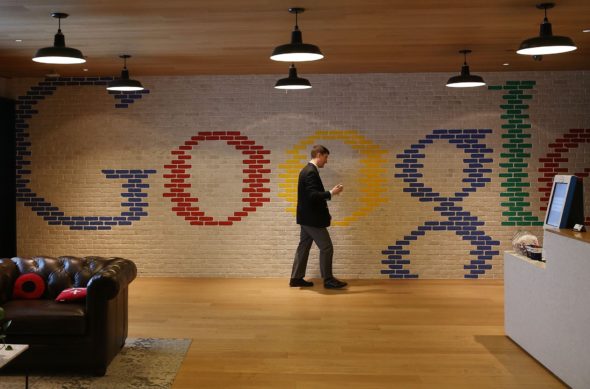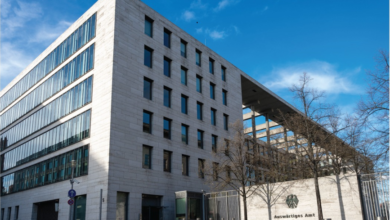
The new York Times – Google has become the latest Silicon Valley giant to become entangled in a widening investigation into how online social networks and technology products may have played a role in Russian interference in the 2016 election.
On Friday evening, Google said it would cooperate with congressional inquiries into the election, days after Facebook and Twitter provided evidence to investigators of accounts on their networks that were linked to Russian groups. Google was called to testify at a Senate Intelligence Committee hearing on Nov. 1.
Google has also begun an internal investigation into whether its advertising products and services were used as part of a Russia-linked influence campaign, according to a person familiar with the matter who spoke anonymously because they were not permitted to speak publicly about the issue. Exactly when the inquiry began is not known, but it has been discussed inside Google over recent weeks, the person said.
The Wall Street Journal reported the internal investigation earlier.
Google’s search engine, with about a 90 percent market share, is an inescapable part of the internet, so it was no surprise that congressional investigators turned toward the company. Google is the only company that sells more digital advertising than Facebook, and its YouTube service is the go-to place for videos on the internet.
On Thursday, Twitter said in a closed-door briefing for the Senate and House intelligence panels that it had found about 200 accounts — a fraction of the number of potentially compromised accounts found by outside researchers — that appeared to be linked to a Russian campaign to influence the election.
Mark Warner, Democrat of Virginia and vice chairman of the Senate Intelligence Committee, sharply criticized Twitter for not aggressively investigating its own systems to provide a more complete picture of Russian activities.
The sharp rebuke of Twitter came after Facebook’s admission to the two intelligence panels that it had connected 470 profiles and pages to a Russian company with ties to the Kremlin. Facebook also said the pages had placed 3,000 ads on Facebook at a cost of about $100,000.
The technology news site Recode reported earlier that Facebook had shared some details about Russian-linked profiles on its platform with Google, but the search giant’s investigation is expected to broaden beyond those leads, according to the person familiar with the matter.
What direction the congressional investigation into Google will take is not clear. Google is much larger than Facebook or Twitter, and it has a wide range of services that played a role in the dissemination of so-called fake news during the campaign.
But it is not a social network like Facebook or Twitter, making it harder for blatantly untrue stories to catch on, or for public sentiment to be stirred up through carefully targeted posts.
Google has, however, long dealt with people trying to game its search engine to highlight misleading information or use its AdSense advertising network to finance eye-catching but false news stories. YouTube is also fertile ground for offensive videos and misleading news stories.
“We will of course cooperate with inquiries; we’re looking into how we can help with any relevant information,” Google said in a statement late Friday.
In April, Google said it had found that about 0.25 percent of its daily search traffic was linking to intentionally misleading, false or offensive information. The most prominent example occurred in the days after the election, when the top Google search result for “final election vote count 2016” linked to a story that incorrectly said that Donald J. Trump, who had secured the presidency by winning the Electoral College, had also defeated Hillary Clinton in the popular vote.
In an effort to keep false stories out of its results and offensive suggestions out of potential search queries, Google started an initiative called “Project Owl” to provide “algorithmic updates to surface more authoritative content.”
Similar to the way content that receives more attention is often more heavily promoted on Facebook and Twitter, Google’s search engine gives more weight to results that are more frequently clicked on. It is one of hundreds of factors that go into ranking links.
The company has also been working on shutting access to AdSense for sites that spread misinformation. Google’s ad network is widely used by other websites and is often their only source of revenue. AdSense allows marketers to target users by different criteria, but it does not offer the same detail as Facebook, which can slice and dice its audience by their interests, including political leanings.
In late January, Google said it had permanently banned nearly 200 publishers from AdSense — a tiny number compared to the more than two million publishers registered on AdSense.
At the time, Google said it reviewed 550 sites “suspected of misrepresenting content to users, including impersonating news organizations” in November and December and took action against 340 of them.




